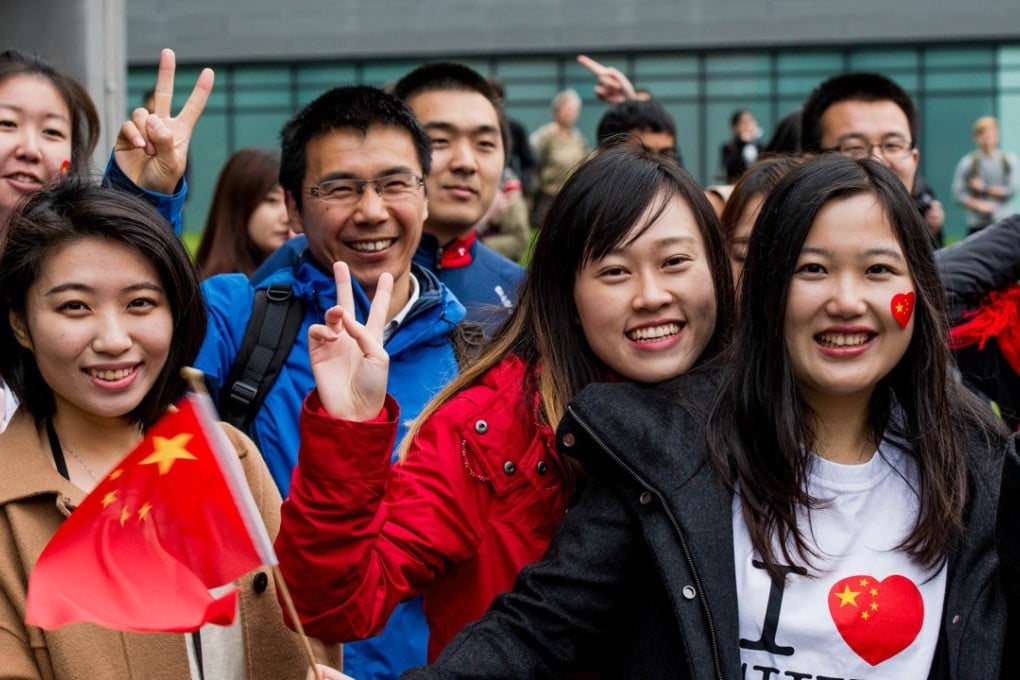Advertisement
Caught between two worlds: the dilemma of the overseas Chinese student
University of Maryland graduate’s controversial speech highlights predicament of China’s 800,000 overseas students, torn between admitting the country’s shortcomings and defending it against Western rhetoric
Reading Time:5 minutes
Why you can trust SCMP

It began with a graduation speech praising democracy and fresh air. But once Chinese internet users caught wind of it, the eight-minute speech brewed into a nationalistic storm.
Internet users on the Chinese microblogging platform Sina Weibo slammed Chinese-born University of Maryland student Yang Shuping as a “liar” and a “foreigner worshipper” after her commencement address on May 21, in which she applauded the fresh air and freedom in the United States.
For an international audience, it was a shocking display of cyberbullying for a seemingly uncontroversial speech. But for long-time China-watchers, the reactionary jingoism was nothing new.
Advertisement
In 2008, Chinese internet users erupted in similar fury when Duke University student Grace Wang tried to mediate between protesters on either side of the Tibet independence issue. Earlier this year, they were indignant when the University of California at San Diego announced exiled the Tibetan leader the Dalai Lama, as its graduation speaker.
Advertisement
Now, the anger is being directed at Yang.
“[Yang was] saying what the American audience wanted to hear” about China, said Lin Hanjing, a master’s student at New York University.
Advertisement
Select Voice
Select Speed
1.00x